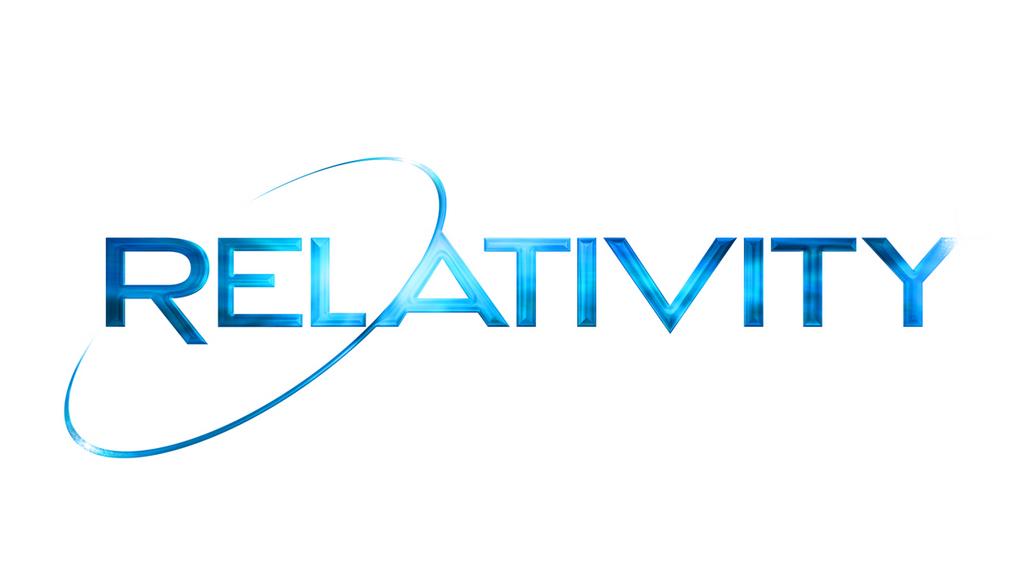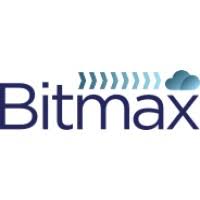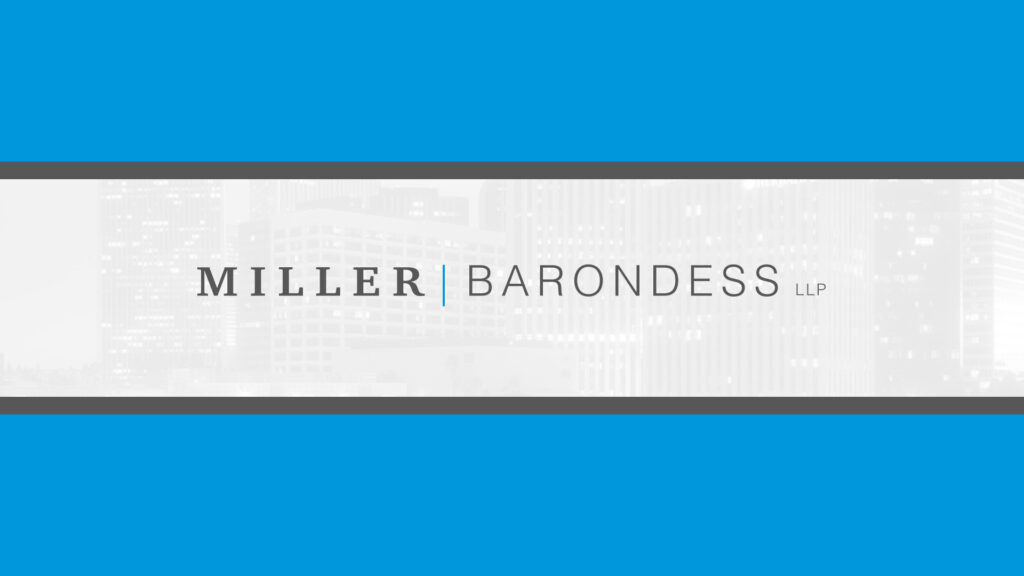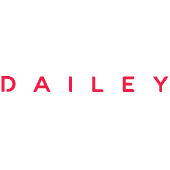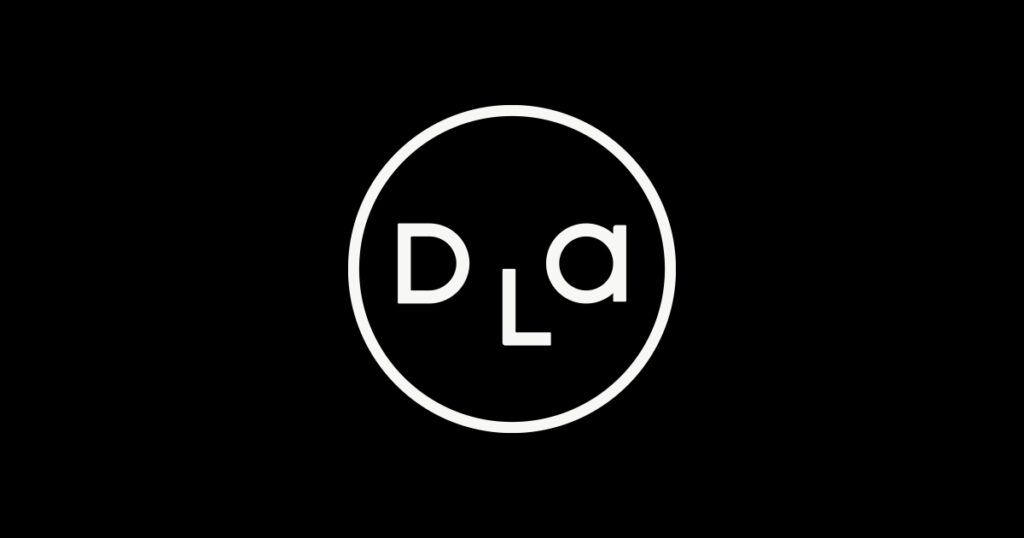COVID-19 Financial Assistance Resource & Information Guide
We’ve compiled a COVID-19 Financial Assistance Resource & Information Guide to help our clients navigate through the new regulations and financial assistance programs.
We’ll continue to make updates to this guide based on the news and information from federal, state and local governments. We hope you find the information provided in this guide to be informative and helpful.
The Small Business Owner’s Guide to the CARES Act
To help small business owners and entrepreneurs better understand the new programs that will soon be available to them, the U.S. Senate Committee on Small Business & Entrepreneurship has created a comprehensive guide to many of the small business provisions in the Coronavirus Aid, Relief, and Economic Security (CARES) Act that was just passed by Congress. These programs and initiatives are intended to assist business owners with whatever needs they have right now.
Download the guide here.
To keep up to date on when these programs become available, please stay in contact with your local SBA District Office, which you can locate here.
U.S. Small Business Administration (SBA)
Economic Injury Disaster Loans and Loan Advance (EIDL)
To apply for a COVID-19 Economic Injury Disaster Loan, click here.
Paycheck Protection Program (PPP)
The Paycheck Protection Program is a loan designed to provide a direct incentive for small businesses to keep their workers on the payroll.
This program is for any small business with less than 500 employees (including sole proprietorships, independent contractors and self-employed persons), private non-profit organization or 501(c)(19) veterans organizations affected by coronavirus/COVID-19.
SBA will forgive loans if all employees are kept on the payroll for eight weeks and the money is used for payroll, rent, mortgage interest, or utilities.
Lenders may begin processing loan applications as soon as April 3, 2020.
The Paycheck Protection Program will be available through June 30, 2020.
To apply for the Paycheck Protection Program, click here.
SBA Debt Relief
The SBA Debt Relief program will provide a reprieve to small businesses as they overcome the challenges created by this health crisis.
Under this program:
- The SBA will also pay the principal and interest of new 7(a) loans issued prior to September 27, 2020.
- The SBA will pay the principal and interest of current 7(a) loans for a period of six months.
SBA Express Bridge Loans
Express Bridge Loan Pilot Program allows small businesses who currently have a business relationship with an SBA Express Lender to access up to $25,000 with less paperwork. These loans can provide vital economic support to small businesses to help overcome the temporary loss of revenue they are experiencing and can be a term loans or used to bridge the gap while applying for a direct SBA Economic Injury Disaster loan. If a small business has an urgent need for cash while waiting for decision and disbursement on Economic Injury Disaster Loan, they may qualify for an SBA Express Disaster Bridge Loan.
Find an Express Bridge Loan Lender through the SBA, click here.
Federal Housing Administration Insured Mortgages
The Department of Housing and Urban Development (HUD) was ordered by President Trump on March 18 to suspend evictions and foreclosures for the next 60 days.
The moratorium only applies to homeowners with mortgages insured by the Federal Housing Administration (FHA), a part of HUD that insures home loans made by FHA-approved lenders. The moratorium only covers FHA mortgages for single family homes.
The order not only prevents new foreclosure actions but also suspends all foreclosure actions currently in process.
HUD Implements New CARES Act Multifamily Mortgage Payment Relief to Maintain and Preserve Affordable Rental Housing
Multifamily borrowers can request up to 90 days of mortgage payment forbearance from their servicer To facilitate implementation, HUD is providing a standard Multifamily forbearance protocol to reduce paperwork and streamline processing for borrowers, servicers, and lenders. The protocol includes:
- Allowing servicers to grant, without HUD approval, up to 30 days of forbearance for borrowers experiencing a financial hardship due to COVID-19 if the borrower was current on their mortgage payments as of February 1, 2020;
- Allowing automatic forbearance extensions from servicers to borrowers for up to two additional 30-day periods, without HUD approval; and
- Encouraging borrowers to enter into repayment plans with renters (residential and commercial) that experience an income reduction or temporary loss of household income but are able to make up the difference over time, without HUD approval.
See HUD COVID-19 Resources and Fact Sheet, click here
Federal Housing Finance Agency: Fannie Mae and Freddie Mac
The Federal Housing Finance Agency (FHFA), which oversees Fannie Mae, Freddie Mac, and the Federal Home Loan banks, is providing payment forbearance to borrowers impacted by the coronavirus for up to 12 months due to hardship.
Additionally, Freddie Mac has implemented a program offering relief to multifamily landlords whose mortgages are financed with a Freddie Mac multifamily fully performing loan. Under this program, landlords can defer loan payments for 90 days by showing hardship due to COVID-19; in return, landlords are required not to evict any tenant based on nonpayment of rent during the forbearance period.
FHFA and CFPB Announce Borrower Protection Program
- You won’t incur late fees.
- Foreclosure and other legal proceedings will be suspended
See FAQs on Fannie Mae and Freddie Mac assistance options for families impacted by COVID-19, click here.
California Department of Business Oversight (DBO)
The State of California is working to soften the financial impact of COVID-19 on residents who are struggling to pay their mortgage and bills. Citigroup, JP Morgan Chase, US Bank, Wells Fargo, and nearly 200 state-chartered banks, credit unions, and mortgage lenders and servicers have committed to providing relief for consumers and homeowners in California.
List of participating financial institutions, click here.
See FAQs on consumer relief from financial institutions, click here.
Governor: State of California Executive Orders
Governor Newsom Signs Executive Order Providing Relief to California Small Businesses
The executive order allows the California Department of Tax and Fee Administration (CDTFA) to offer a 90-day extension for tax returns and tax payments for all businesses filing a return for less than $1 million in taxes. That means small businesses will have until the end of July to file their first-quarter returns.
For tax filing and payment deadlines & extensions, click here.
Governor Newsom Takes Executive Action to Establish a Statewide Moratorium on Evictions
The order prohibits landlords from evicting tenants for nonpayment of rent and prohibits enforcement of evictions by law enforcement or courts. It also requires tenants to declare in writing, no more than seven days after the rent comes due, that the tenant cannot pay all or part of their rent due to COVID-19.
Mayor: City of Los Angeles Executive Orders
LA County Approves Plan to Subsidize Rent with Coronavirus Emergency Funds
The program as envisioned would provide rent subsidies of up to $1,000 per month for up to three months for families who have recently lost jobs, though the details have yet to be worked out. The overall level of funding will depend on how much money is allocated by the federal government and whether that can be matched, in part, by private dollars.
The measures will also:
- Prohibit evictions based on unauthorized residents at a unit, pets, or nuisances related to COVID-19
- Place a freeze on rent hikes — including for mobile home residents and renters in unincorporated areas covered by the county’s rent stabilization laws
- Prohibit late fees and interest on unpaid rent (though it falls short of the rent forgiveness measures some tenant advocates have called for)
The new measures remain in effect for the moratorium period. Tenants will have a year to pay back rent after the moratorium lifts.
Business Interruption Coverage
The Department has posted answers to “Frequently Asked Questions” for businesses to help determine whether they have coverage for lost income due to government-ordered closures.
For FAQs on business interruption insurance, click here.
Insurance Commissioner Lara Calls for 60-Day Insurance Premium Grace Period Due to COVID-19 Outbreak
Property Taxes April 10, 2020 Deadline
Counties do not have the authority under State law to extend or postpone the second installment property tax deadline of April 10, 2020.
Los Angeles County: Beginning on April 11, the day after property taxes become delinquent, taxpayers unable to pay on time for reasons related to COVID-19 may submit a request for penalty cancellation on our website. The department has set up a special team to process these requests for those who demonstrate they were affected by the outbreak.
For FAQs on Coronavirus (COVID-19) Impact to Property Taxes, click here.
Orange County: After April 10, if the taxpayer is a homeowner, small business or other property owner with significant demonstrated economic hardship due to COVID-19 or believe that they qualify for one of the other limited exceptions and can’t pay by April 10, then as soon as the taxpayer is able to pay, they should request a Penalty Cancellation. All requests will be reviewed on a case-by-case basis. Taxpayers will need to complete and sign the form, include a check for the base property tax amount due (without penalties or costs), provide third party documentation justifying the request and mail these items to the address on the form.
For Penalty Cancellation Request / How to Avoid Penalties, click here.
Riverside County: If payment is not made by the delinquent date, a 10% penalty and costs will apply, and if still not paid by July 1, 2020, interest will begin to accrue at a rate of 1.5% per month until paid. However, we understand the severe impact of this pandemic on the community. Therefore, for those that are impacted directly, either physically or financially, cancellation of penalty requests can be made to the Tax Collector for late payment of the April 10, 2020 installment.
For COVID-19 Special Circumstances request, click here.
San Bernardino County: The April 10, 2020 due date is not changing. Qualifying taxpayers requesting a waiver of penalty MUST submit that request in writing by filling out a form available on our website. The Department has set up a special team to process these requests for qualifying real property with a current homeowner’s exemption as well as many qualifying small businesses that were adversely affected by the COVID 19 outbreak. The penalty will only be canceled if taxes are paid in full no later than June 30, 2020.
For FAQs Penalty Cancellation Request due to Coronavirus (COVID 19), click here.
Ventura County: Beginning April 11, 2020 Ventura County’s Treasurer-Tax Collector will accept taxpayer applications for waiver of late-payment penalties and fees for the second installment of the 2019- 2020 secured property tax billings. If the applications are granted, the new payment due date will be August 31, 2020. There is no additional grace period.
The application form will be available starting April 10 on the Treasurer-Tax Collector website, click here.
Federal taxes reschedule now due by July 15
The Treasury Department and Internal Revenue Service announced special Federal income tax return filing and payment relief in response to the ongoing Coronavirus Disease 2019 (COVID-19) emergency.
The Federal income tax filing due date is automatically extended from April 15 to July 15. Taxpayers can also defer federal income tax payments due on April 15 to July 15 without penalties and interest, regardless of the amount owed. This deferment applies to all taxpayers, including individuals, trusts and estates, corporations and other non-corporate tax filers as well as those who pay self-employment tax. Taxpayers do not need to file any additional forms or call the IRS to qualify for this automatic federal tax filing and payment relief.
For filing and payment deadlines questions and answers, click here.
State taxes reschedule now due by July 15
State Controller and Franchise Tax Board (FTB) announced an extension of time until July 15, 2020, for California taxpayers to complete certain time sensitive acts pertaining to state taxes due to the COVID-19 pandemic.
COVID-19 Calendar Extensions to file and pay, click here.
Extensions Announced for 1031 Deadlines
Those taxpayers currently engaged in a 1031 exchange and struggling to complete their transaction due to the Coronavirus (COVID-19) crisis received long awaited relief from the 45-Day Identification and 180-Day Exchange Period deadlines. See official IRS Notice 2020-23, which provides for “Additional Relief for Taxpayers Affected by Ongoing Coronavirus Disease 2019 Pandemic.”.
Anyone with a 45-Day Exchange Period or 180-Day Exchange Period deadline between April 1 and July 15, 2020 will have an automatic extension to July 15th.
Unfortunately, taxpayers with deadlines in February and March did not get the relief. The Federation of Exchange Accommodators (FEA), the national 1031 trade association, will be requesting additional relief for the taxpayers that need it
For those who had a 45-Day Identification Period deadline on or after April 1st, you will have an automatic extension of time to make or change an identification.
For those who had a 45-Day Identification Period deadline prior to April 1st, we will keep you informed of additional guidance from IRS.
Prevent Getting Sick
You can take steps to protect yourself and others during a COVID-19 outbreak.
The virus is thought to spread mainly from person-to-person. Recent studies indicate that people who are infected but do not have symptoms likely also play a role in the spread of COVID-19.
There is currently no vaccine to prevent coronavirus disease 2019 (COVID-19). The best way to prevent illness is to avoid being exposed to this virus.
- How COVID-19 Spreads, click here.
- How to Protect Yourself & Others, click here.
- Use of Cloth Face Coverings to Help Slow the Spread of COVID-19, click here.
- Cleaning And Disinfecting Your Home, click here.
Resources for Businesses and Employers
Interim Guidance for Businesses and Employers to Plan and Respond to Coronavirus Disease 2019 (COVID-19), click here.
Prepare your Small Business and Employees for the Effects of COVID-19, click here.
Cleaning and Disinfecting Your Facility, click here.
U.S. Department of Labor
The U.S. Department of Labor’s Occupational Safety and Health Administration (OSHA) published “Guidance on Preparing Workplaces for COVID-19” to help companies respond in the event of coronavirus in the workplace. The guidance was developed in collaboration with the U.S. Department of Health & Human Services (HHS).
Guidance on Preparing Workplaces for COVID-19, click here.
Pandemic Unemployment Assistance (PUA)
If you are a business owner, independent contractor, self-employed worker, freelancer, or gig worker and only received a 1099 tax form last year, you are most likely eligible for PUA. You can apply for benefits starting April 28.
To be eligible for PUA, you must meet any of the following criteria:
- Any criteria related to changes in employment status due to COVID-19
- You had a definite date to begin work, but the job is no longer available, or you could not reach the job as a direct result of COVID-19.
- You are unable to travel to your job as a direct result of COVID-19.
- You quit your job as a direct result of COVID-19.
- Your workplace is closed as a direct result of COVID-19.
- You are self-employed or work as an independent contractor (with reportable income, such as a 1099) and you are unemployed, partially employed, or unable to work because COVID-19 has forced you to stop working.
Any criteria related to health issues due to COVID-19:
- You have been diagnosed with COVID-19 or are experiencing symptoms and are seeking a medical diagnosis.
- A member of your household has been diagnosed with COVID-19.
- You are caring for a family member or a member of your household who has been diagnosed with COVID-19.
- You are caring for a dependent because their school or another care facility has closed due to COVID-19 and you are now caring for them during the work day.
- Your healthcare provider has told you to self-quarantine because of COVID-19.
- You have become the main income provider due to a COVID-19 death in your household.
Disability Insurance (DI) or Paid Family Leave (PFL)
- If you’re not eligible for UI, you may be eligible for Disability Insurance (DI) or Paid Family Leave (PFL). You usually qualify if you have a W-2 tax form, because taxes have been taken out automatically to pay for these programs.
- If you are unable to perform your normal work duties because you are sick or quarantined, apply for Disability Insurance.
- If you are caring for someone who is sick, apply for Paid Family Leave.
How to apply, click here.
Guide to applying for unemployment benefits in California
If you lost your job or had your hours reduced, and meet eligibility requirements, you may be eligible to receive Unemployment Insurance (UI) benefits from California’s Employment Development Department (EDD).
First register or log in at Benefit Programs Online, then apply for unemployment benefits on UI Online℠. Access Benefit Programs Online, click here.
The Coronavirus (COVID-19) pandemic is affecting all of our families, businesses, communities and way of life. Our focus, dedication and resolve are unwavering as we navigate together through these turbulent times. We hope you and your loved ones remain safe and healthy.
If we can be of assistance, please do not hesitate to contact us.















